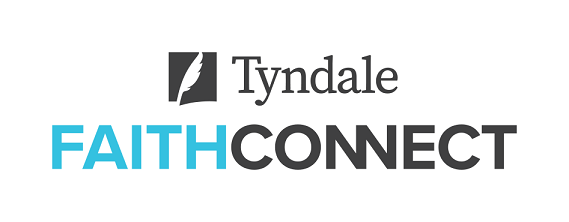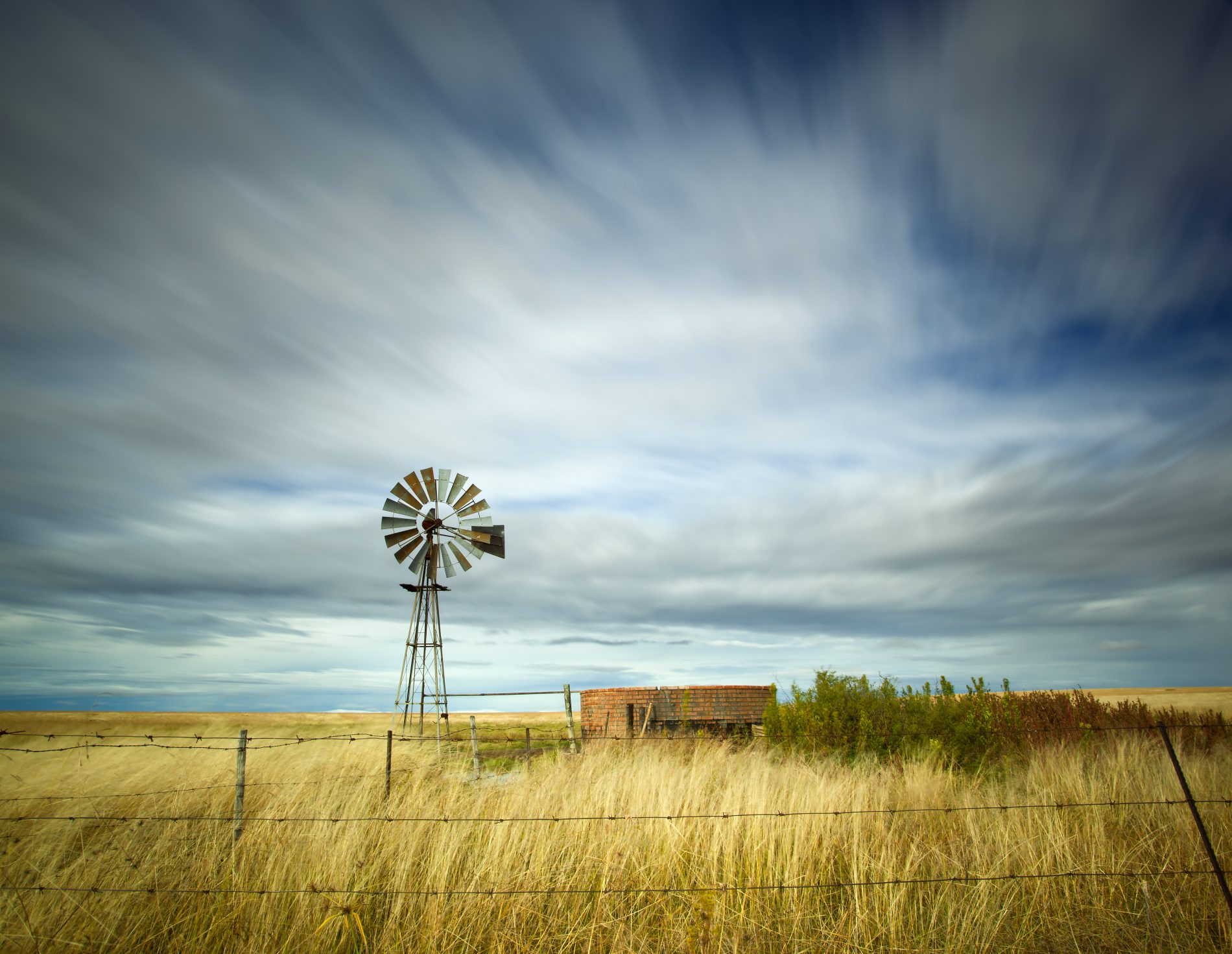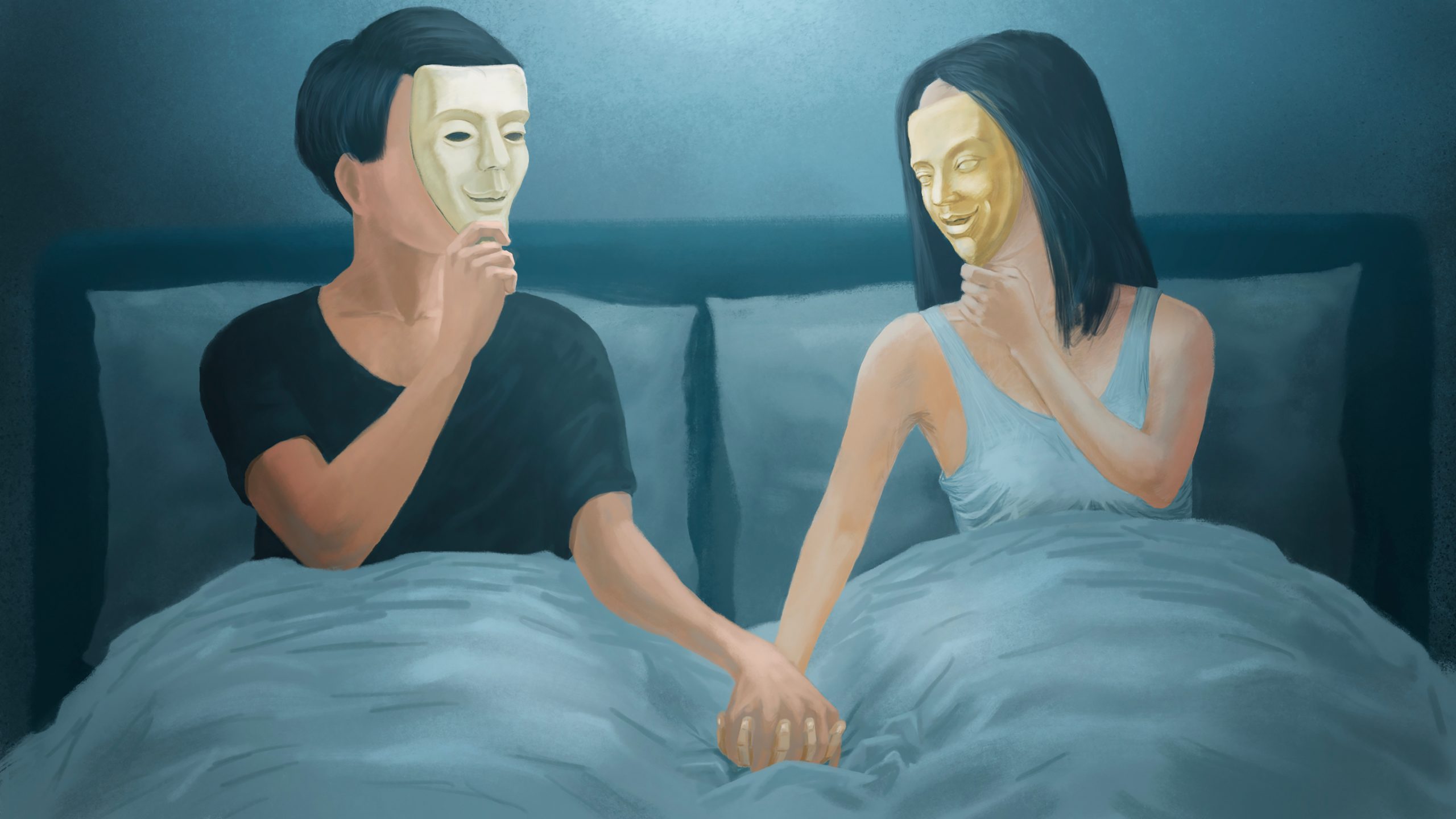Whose work is it but your own to open your eyes?
Health-care disasters don’t just happen; they develop right before our eyes, unseen or ignored until it’s too late. That’s what happened in Austin, Indiana, and what is currently happening in communities across America.
In my case, idealism blinded me to the crises already taking root in Austin when I opened my practice there in 2004, fresh out of medical training. A small town nestled among rolling hills and fertile farmland about thirty-six miles north of Louisville and eighty miles south of Indianapolis, Austin had been without a practicing physician since the mid-1970s. I believed I could make a difference by improving the health and well-being of this community that, other than lacking adequate medical care, seemed to epitomize the quiet tranquility of rural America.
Standing under the pure blue sky, which spreads out wide and open over Austin, I felt the longings for freedom and the pursuit of infinite possibilities. Then, as I explored country roads wandering through miles of farmland, dotted with old farmhouses and modest homes, I felt the spark of nostalgia mixed with a timeless image of the American dream. After all, this is where John Mellencamp’s Little Pink House still stands.
Ironically, a dark and deadly secret lurked just behind Austin’s outward beauty. Once I began to get to know some of the struggling people I hadn’t noticed at first, my initial impressions of this iconic all-American town were shattered. One morning I stopped at the gas station next to the liquor store and the town’s only traffic light. While I was filling up my car, a young woman jumped into my passenger seat, announcing she needed a ride. I told her I was only going about a mile to my office.
“That’s fine,” she said. “I’m going that way.”
I paid for the gas and awkwardly got back into my car. Not knowing what to do or say, I began to drive nervously with both hands on the steering wheel.
After a minute of silence that felt like an hour, she said, “I’m looking for work. Is there anything I can do for you?”
“No,” I responded politely. “I only have a couple of people working for me and we aren’t looking right now.”
“Are you sure there isn’t something I could do for you . . . personally?” she pressed.
“What kind of work are you looking for?” I asked, hoping I could at least connect her to the right people.
“Anything. I’m willing to do anything,” she said.
I mentioned a place or two I thought might be hiring. She seemed confused.
“No, that’s not the sort of thing I’m looking for,” she replied. “But . . .” she said, moving a little closer to me, “I could do something for you.”
I told her again I wasn’t hiring and suggested a temporary work agency, at which point she rolled her eyes and sighed. There was a moment or two of tension before she shifted in her seat to face me more directly.
“Look, I’d be willing to do something for you. Anything. Just tell me, and I’ll do it.”
I tried to think of anything she might be able to help out with around the office, but nothing came to mind. “I’m sorry,” I said apologetically. “I really don’t need any help.”
She sat back with another sigh and crossed her arms. After a few more blocks of awkward silence, we passed the half-century-old walk-up Dairy Queen, and I knew we were getting close to my office. So I thought I’d try one more option.
“You know, the LifeLong Learning Center in Scottsburg has programs to help you learn new skills. They can even help you find people who may want to hire you.”
She just stared at me.
Oh well . . . I tried.
When we finally got to my office, she silently shook her head, hopped out of the car, and walked off without saying a word.
I found the only two staff I had at the time waiting as I entered.
“Who was that?” asked Elizabeth, my receptionist.
I told them what happened. Then they both looked at each other and started laughing.
“What?” I asked.
“Come on, Dr. Cooke,” Amy, my nurse, chuckled. “I’ll do anything . . . whatever you want . . .”
That’s when it dawned on me. I felt so stupid. I blushed and laughed at my own naiveté.
I wasn’t just embarrassed, though, I was ashamed.
How could I have missed that? What level of hopelessness and despair had led this young woman to try to sell her body? How many other people in Austin were so desperate that they were resorting to unimaginable means to get by for another day?
It took this encounter with a total stranger to open my eyes and see people right in front of me that I hadn’t even noticed before.
I had worked hard to become a doctor, and I had learned a lot. But it was becoming clear I didn’t know enough about Austin or the people. The story of Austin was more complicated than I could have imagined. Early on I felt like Samwise Gamgee from The Lord of the Rings when he told Frodo, “I wonder what sort of a tale we’ve fallen into.” I didn’t see it then, but my early encounters with people like this young woman were harbingers of a tsunami of suffering no one saw coming until the drug-fueled HIV catastrophe struck Austin in 2015, sending shock waves throughout our nation.
Taken from Canary in the Coal Mine by Dr. William Cooke and Laura Ungar Copyright © 2021. Used by permission of Tyndale House Publishers, Inc.

One doctor’s courageous fight to save a small town from a silent epidemic that threatened the community’s future—and exposed a national health crisis.
When Dr. Will Cooke, an idealistic young physician just out of medical training, set up practice in the small rural community of Austin, Indiana, he had no idea that much of the town was being torn apart by poverty, addiction, and life-threatening illnesses. But he soon found himself at the crossroads of two unprecedented health-care disasters: a national opioid epidemic and the worst drug-fueled HIV outbreak ever seen in rural America.
Confronted with Austin’s hidden secrets, Dr. Cooke decided he had to do something about them. In taking up the fight for Austin’s people, however, he would have to battle some unanticipated foes: prejudice, political resistance, an entrenched bureaucracy—and the dark despair that threatened to overwhelm his own soul. Canary in the Coal Mine is a gripping account of the transformation of a man and his adopted community, a compelling and ultimately hopeful read in the vein of Hillbilly Elegy, Dreamland, and Educated.
Canary in the Coal Mine by Dr. William Cooke and Laura Ungar is available wherever books are sold.












What do you think?